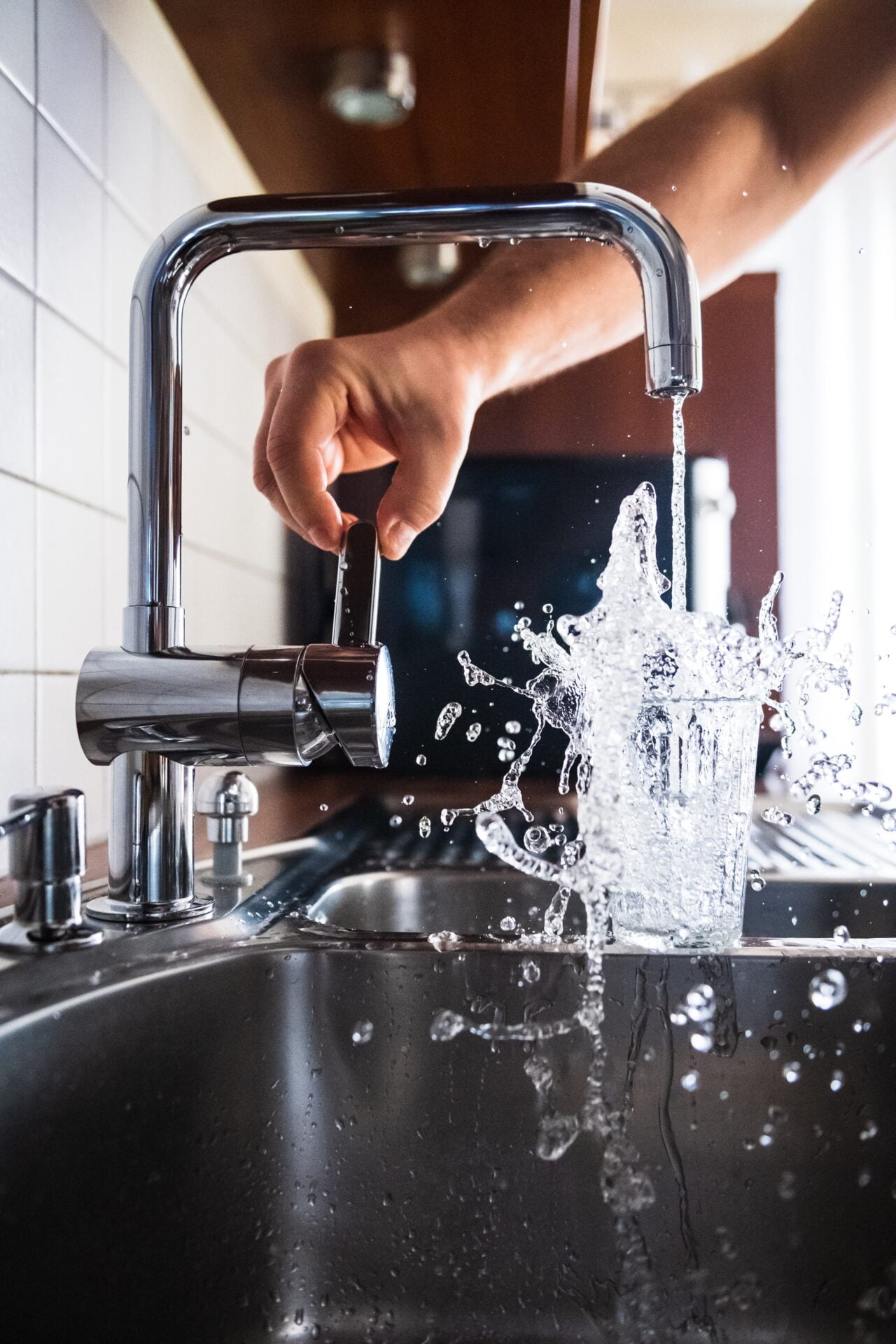Bloggin Noggin
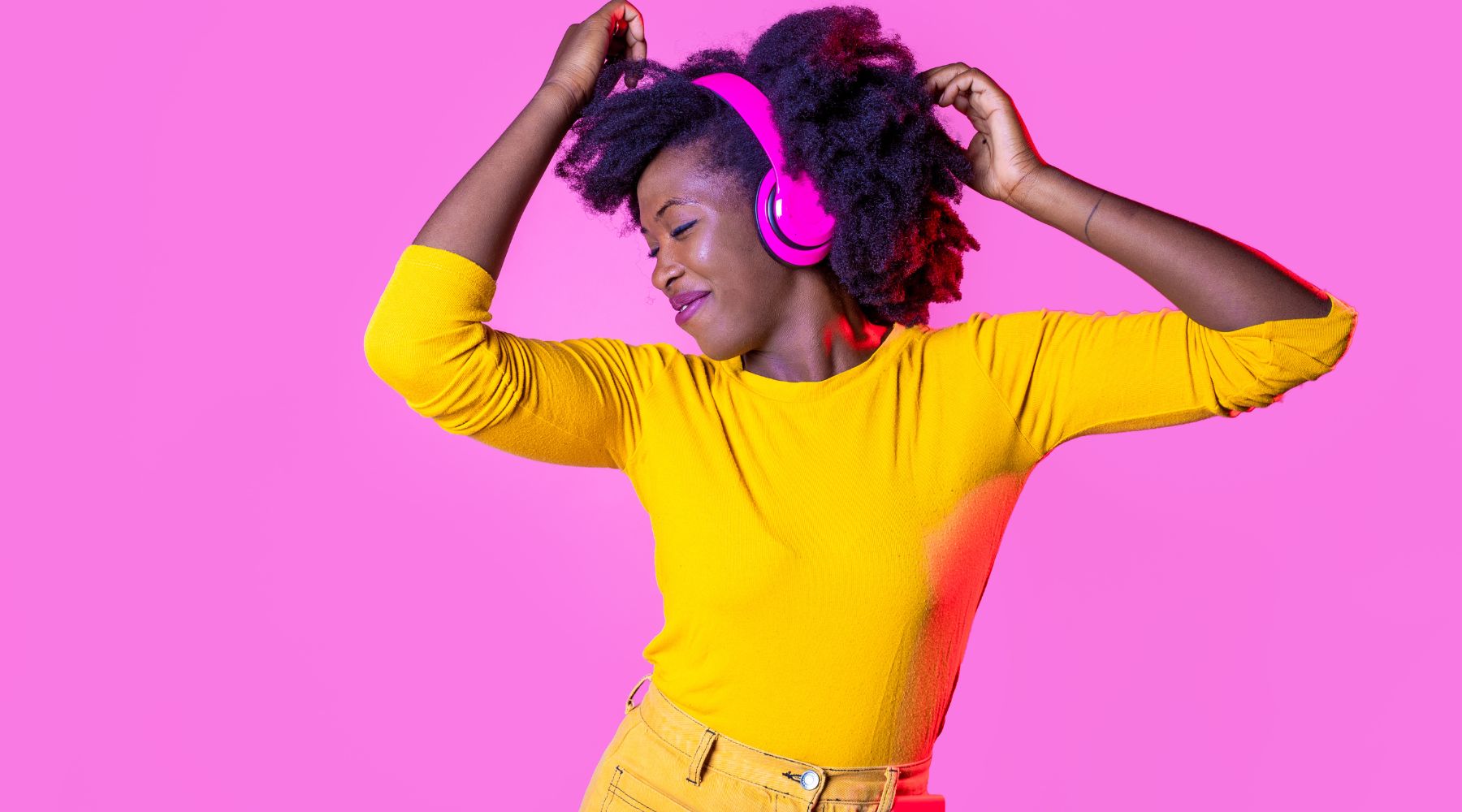
Move Your Body! How Exercise Nurtures Your Noggin
More than ever, science is recognising the importance of exercise and how movement (especially as we get older) can help maintain our brain health and cognitive function. For women, this is particularly important as our brain goes through hormonal changes through our lives, particularly during menopause and beyond.
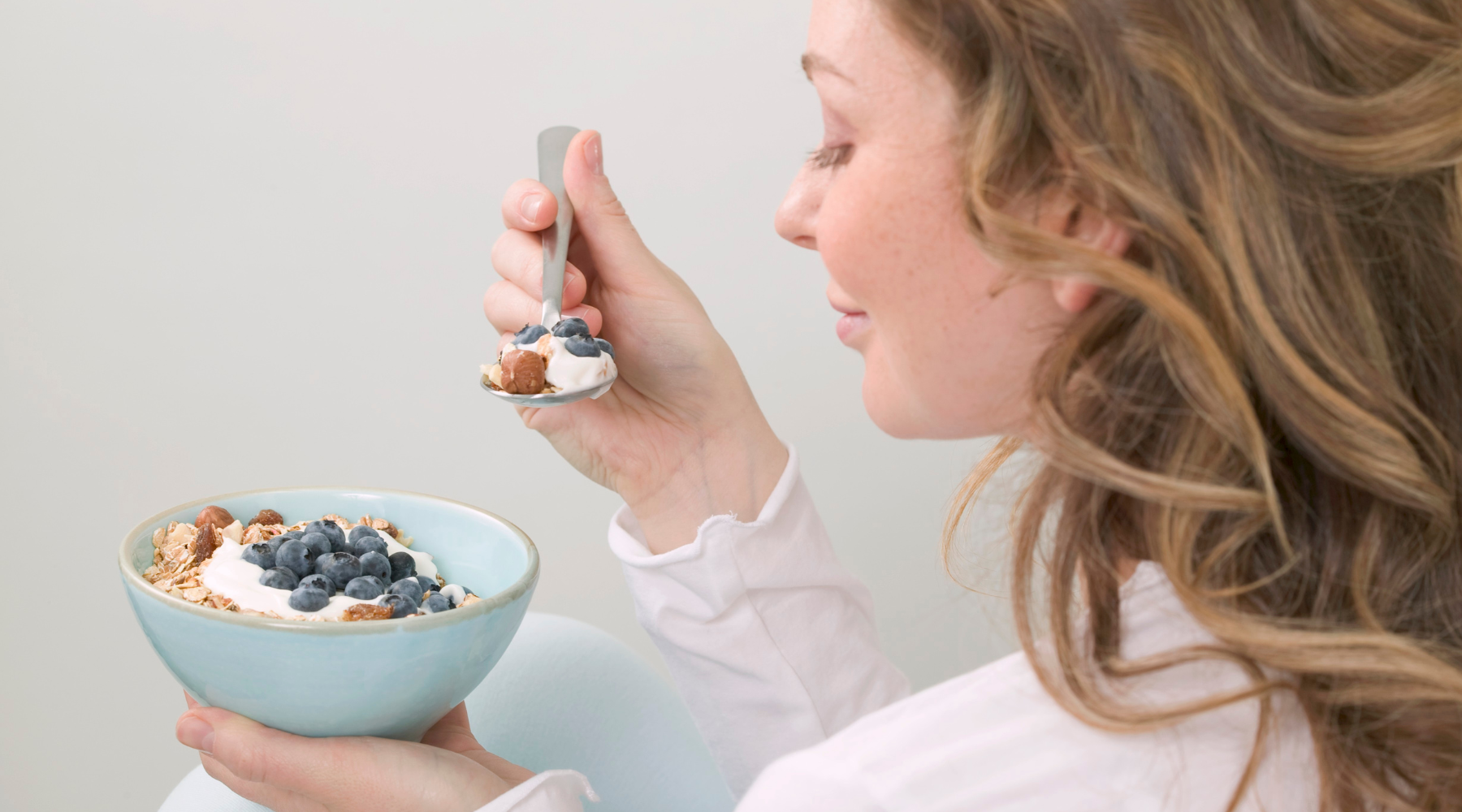
Brain Health
7 Foods That Boost Your Brain Power
Recent research has shown that our midlife brain health indicates the future of our cognitive function as we age, so during perimenopause and beyond, it couldn't be more crucial to nurture our body and mind from the inside out.

Brain Health
5 Famous women living with Multiple Sclerosis
With an estimated 2.8 million people living with Multiple Sclerosis (MS) every year, it's no surprise that there are a number of famous people who have MS and have spoken publicly about their diagnosis and experience.

Brain Health
What is MS, and how does it affect you?
150,000 people in the UK have Multiple Sclerosis (MS), and it affects around two and half times more women than men. MS is a chronic illness that impacts the central nervous system, primarily the brain and spinal cord. Understanding MS can help with early detection, diagnosis and treatment, so let's take a look:

Brain Fog
How oestrogen affects your brain health during menopause
How does menopause affect our brain health? From difficulty retaining new information to brain fog, there are some unexpected ways that the decline in oestrogen affects our brain during these midlife years and beyond. Let's take a look:
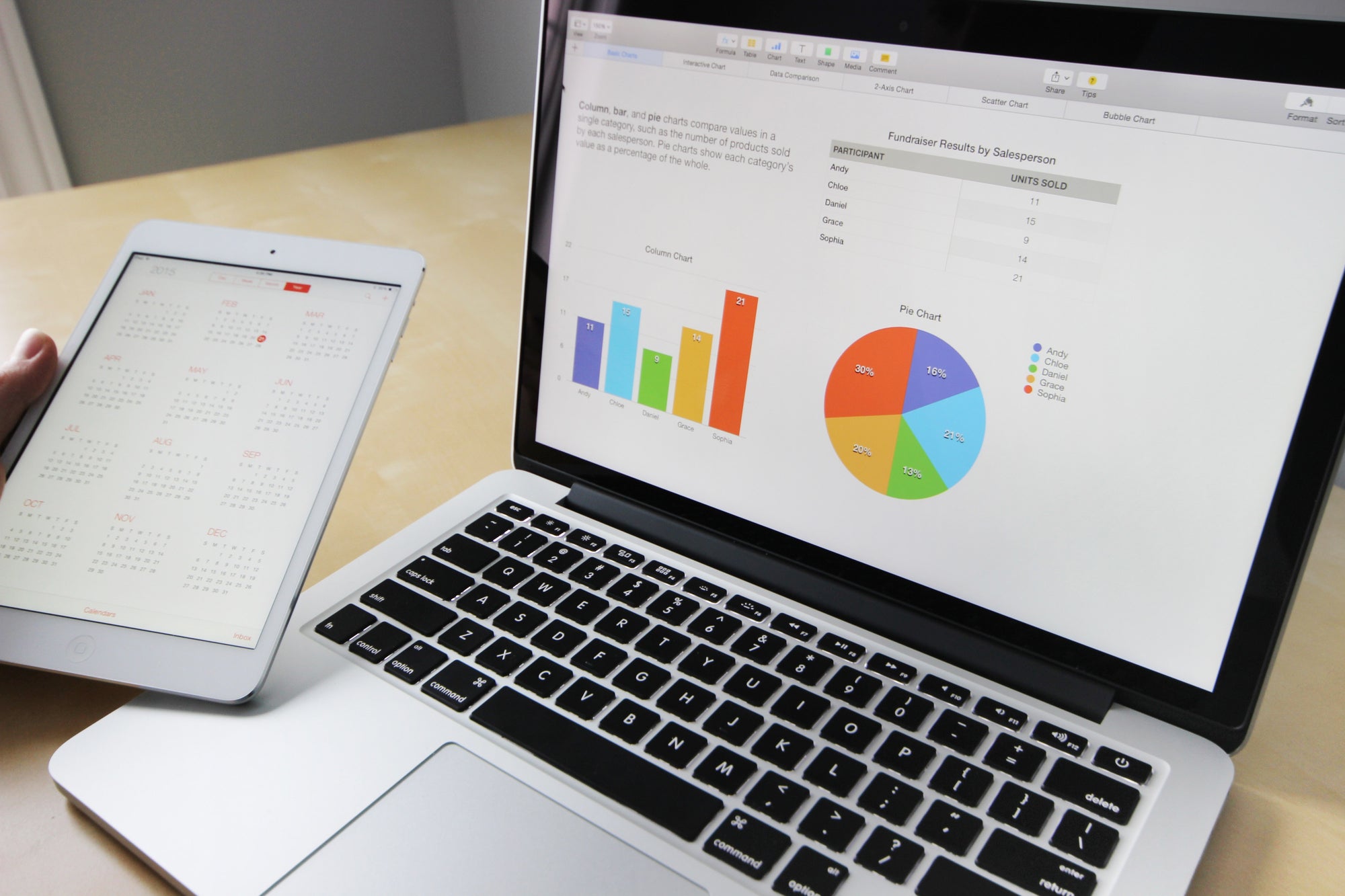
Brain Health
You asked, we listened
How do I know Oomph is working? What can I expect? When will I feel the difference?
What we spend our hard earned money means a lot at the moment. It’s understandable we only want to invest in things that we need, will help us and do what they say.
At Noggin we’ve been listening to your questions and we are helping get the answers you need so you can trust that your investment in our products will be worth it.
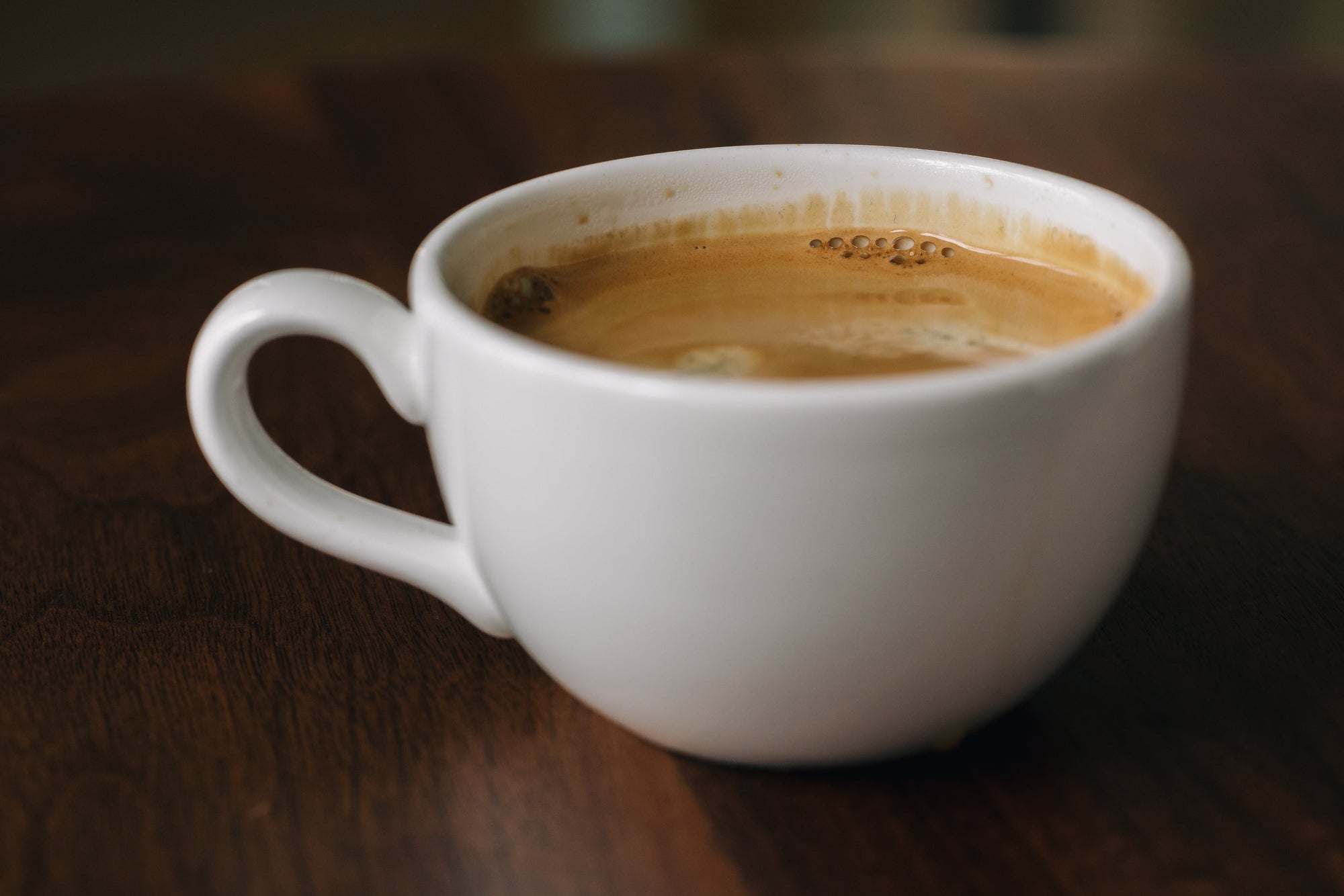
Nutrition
Why Oomph is better than coffee…
There are 18 brain caring ingredients in Oomph - all designed to help with your noggin’'s everyday needs whilst also supporting your brain health in the longer term.
Ginseng is a key ingredient to help with that much needed energy boost
Here’s why you need it….
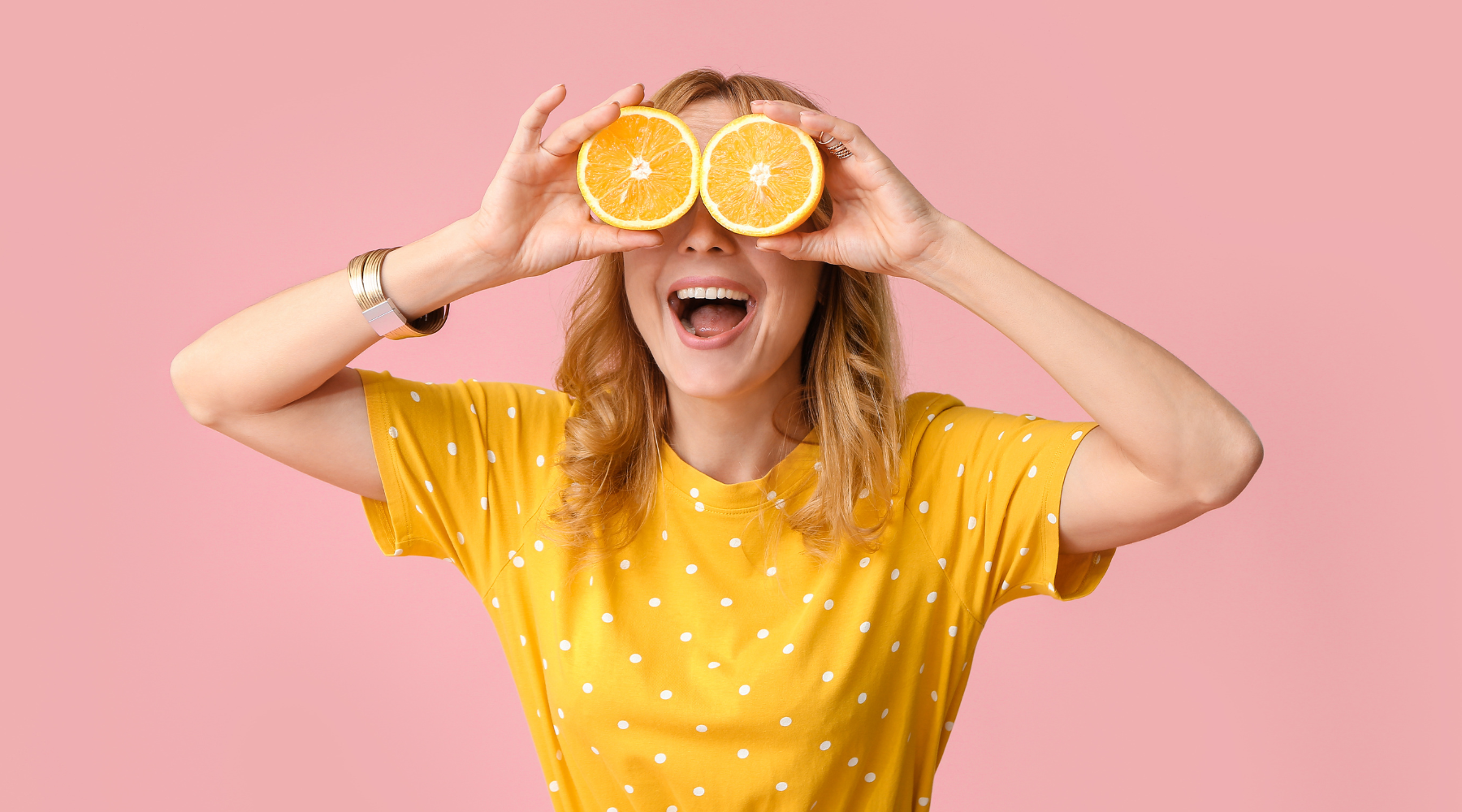
Nutrition
Not Just For Colds: Is Vitamin C Your Brain's Best Friend?
When thinking about Vitamin C, we usually think coughs, colds and oranges, right?
But did you know Vitamin C is a powerful antioxidant that helps protect the brain from damage caused by free radicals? In fact, it's your brain's favourite vitamin. Let's take a look to understand why...
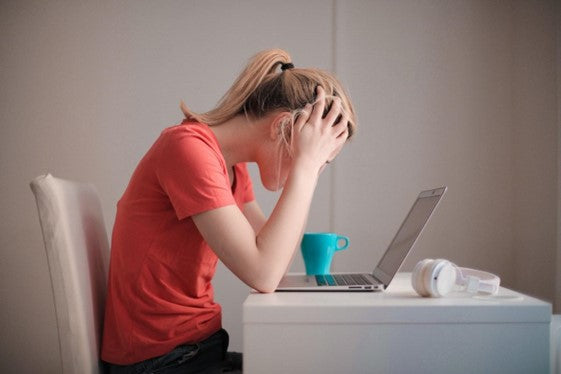
Brain Health
Do brain focus supplements work?
There are times when we all struggle to concentrate. Whether it’s grappling with something particularly taxing at work, trying to do your best in an exam or just feeling overwhelmed by everything on the to-do list and thus not knowing where to start. Times like this may have you searching for something to give your brain a boost.
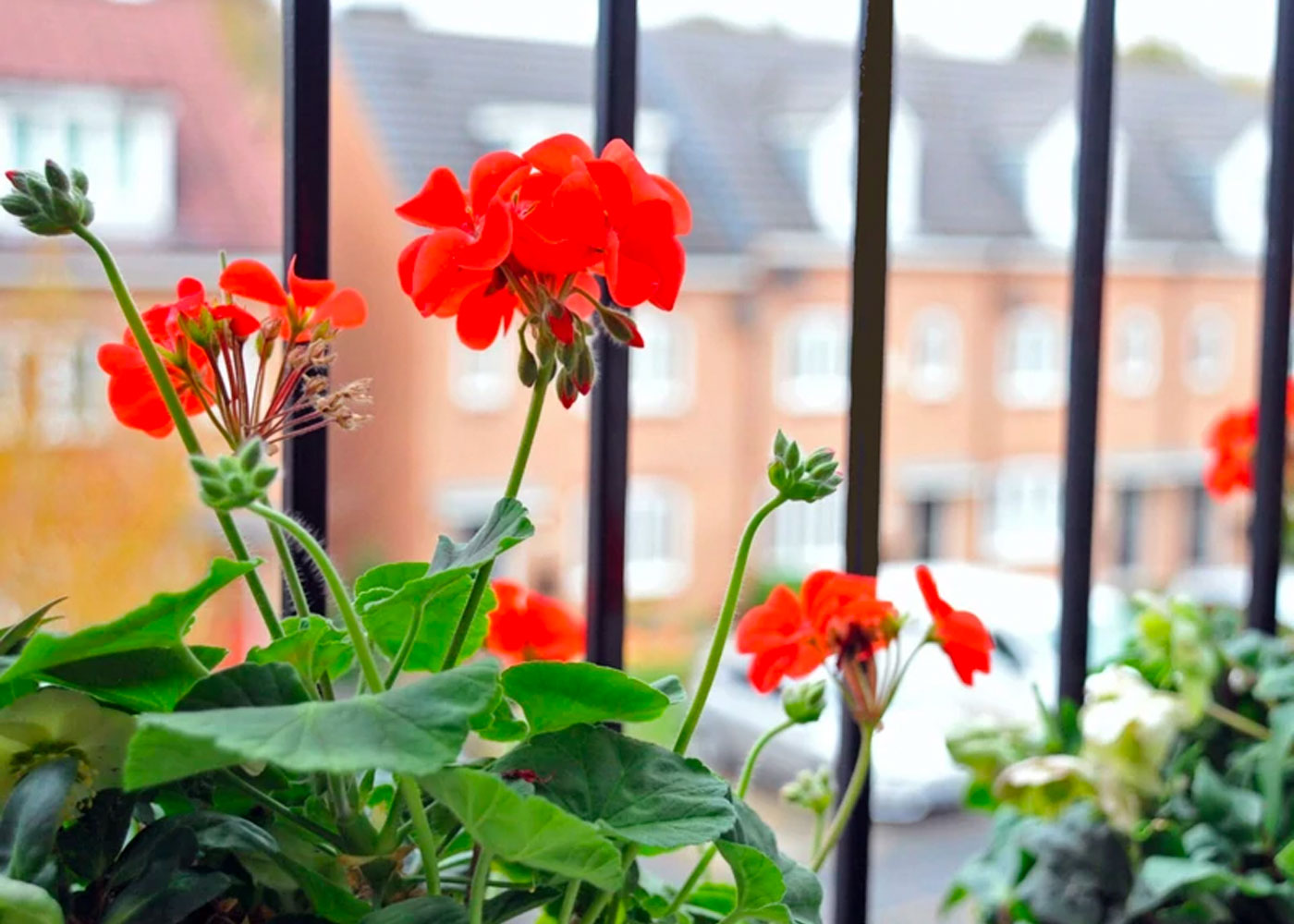
Mental Health
Why simple seed planting has brain health benefits
Whether you are green fingered or a plant phobic by nature, the last year has brought about a rapid increase in our interest in gardening. Spending more time at home has meant more time to focus on any outside space or even just window boxes we have access too.

Mental Health
Three ways to help you get on top of your to-do list
Easily irritated, forgetting simple tasks, even struggling to find words at times are all things I’ve experienced and heard people talk about a lot since we faced our new reality.
There are very good reasons why our brains are not functioning the way they were pre pandemic. Here are three small ways to get our thinking back on track...







